Top Developer Tools in Web3: Harnessing the Power of Decentralization
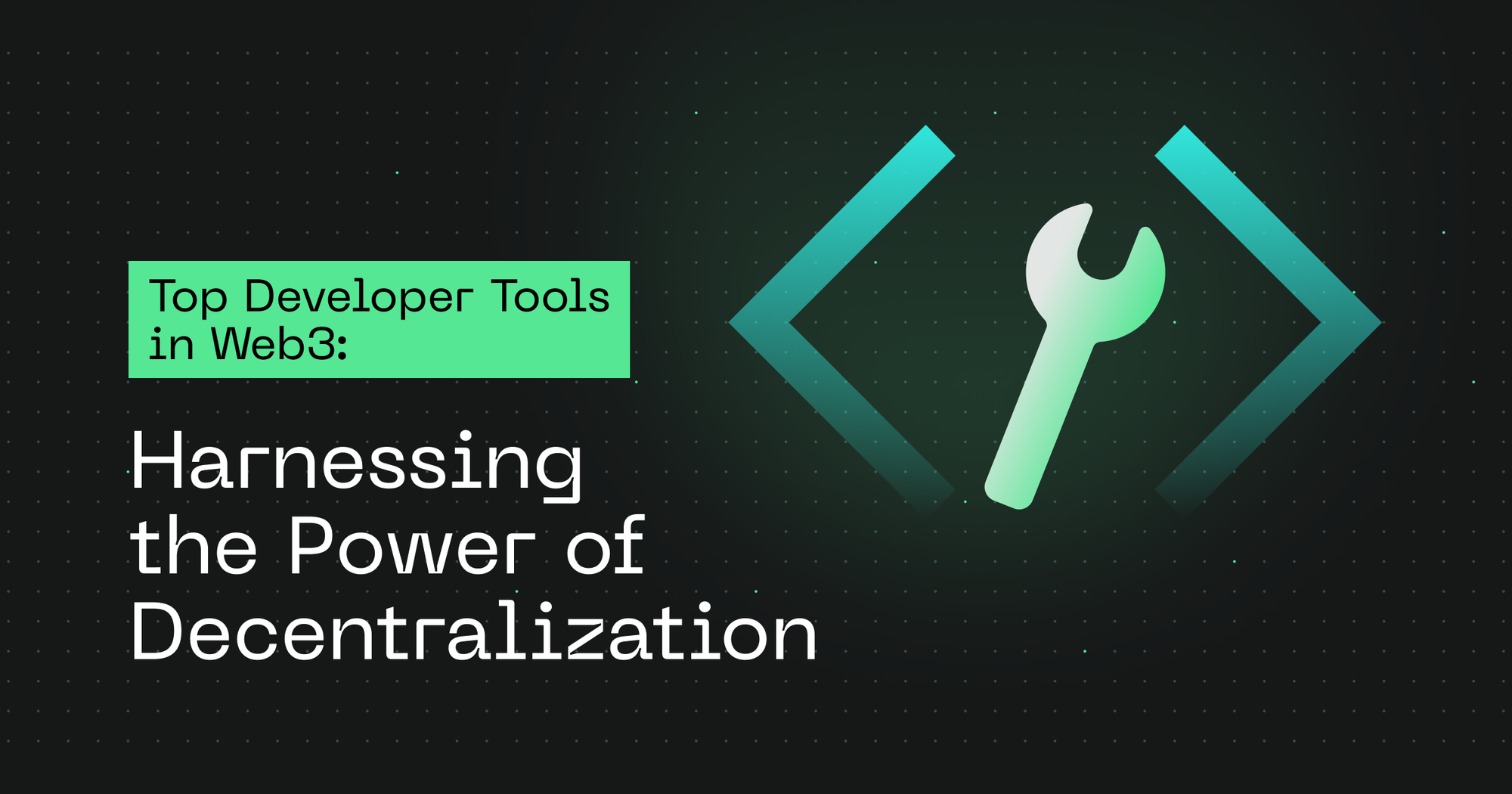
Are you planning to Build your own Web3 Application? You'll require the right tools for that. And, with so many options – over 50 blockchains and thousands of tools – it can be challenging to choose. But the right choice can make building your application a great experience.
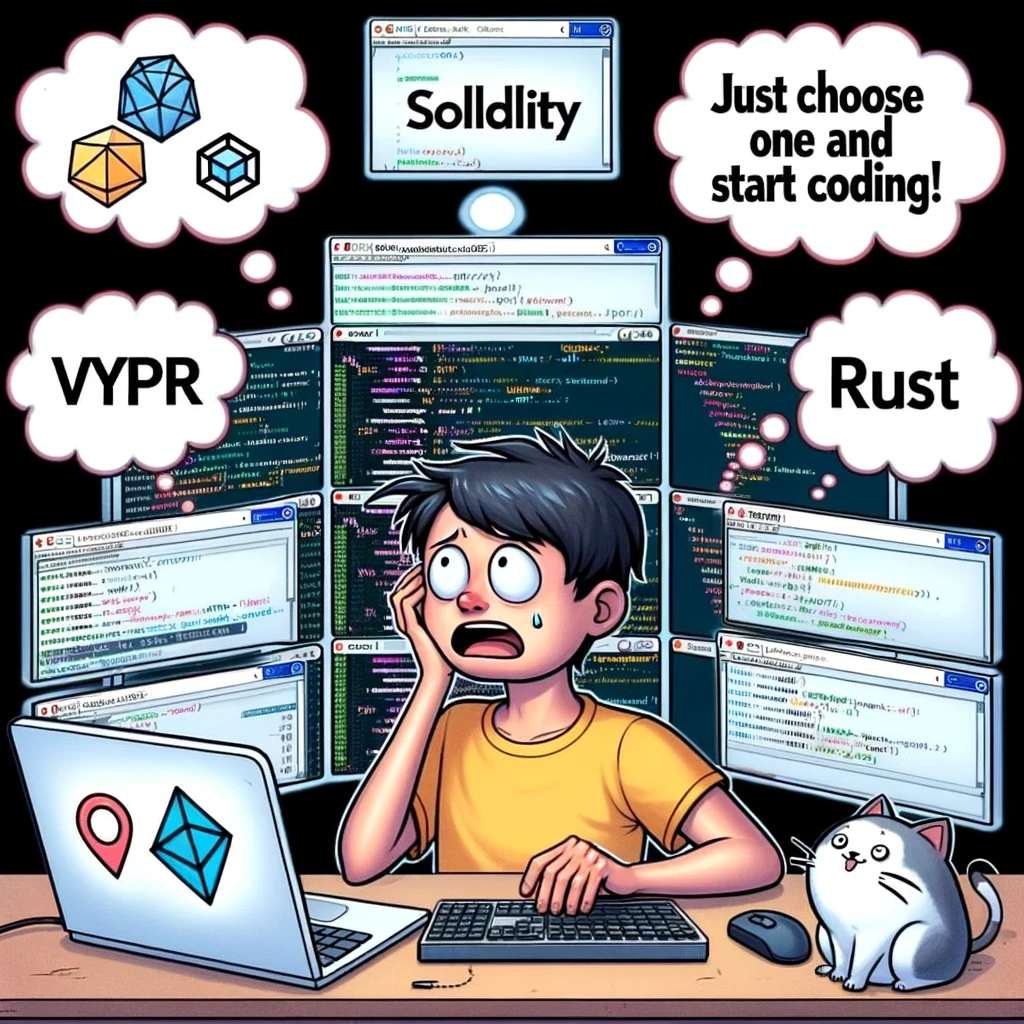
The world of Web3 development is booming. Jobs for Web3 developers have jumped by over 60% over the past 2 years, and there's a massive demand for people who know their way around blockchain technology. The trick is to get the right tools and start building applications.
In this blog, we’re going to take a look at the best tools for Web3 developers. We'll cover everything from the languages used for writing smart contracts, like Solidity, to tools for managing nodes, like Alchemy. These are the things you need to tap into the power of decentralized tech.
Join us as we explore how these tools are changing the game in the world of the internet. This guide is here to help you, whether you're an experienced blockchain developer or just starting out. Get ready to learn how to build groundbreaking applications for the future.
Let's jump in and discover how you can shape the future of the internet!
Smart Contract Development: The Building Blocks of Decentralization
Solidity: Crafting the Future of Smart Contracts
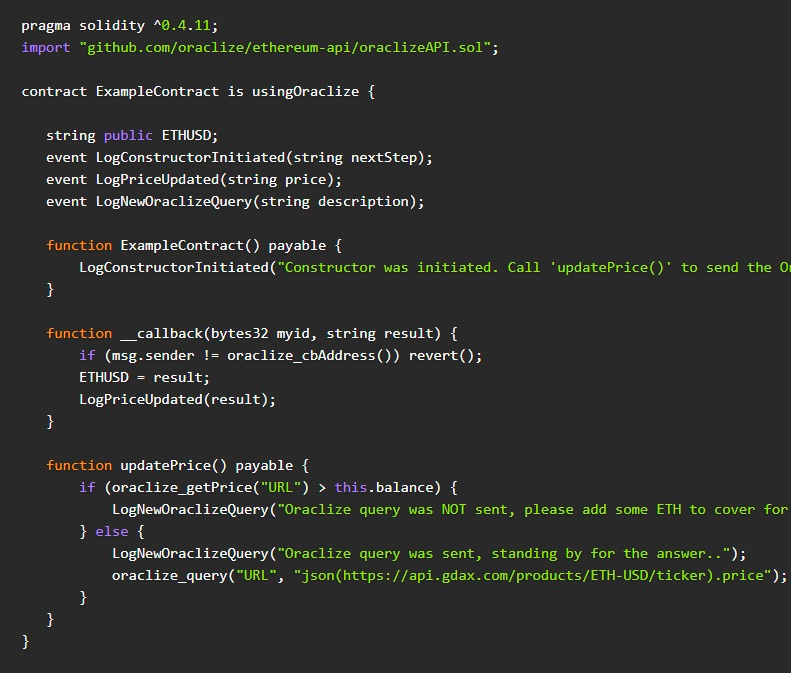
Solidity is the cornerstone of Ethereum smart contract development. This high-level language, reminiscent of JavaScript and C++, is essential for developers looking to build on Ethereum's robust platform. It's more than just a language; it's a gateway to the vast possibilities of the Ethereum ecosystem, enabling developers to create complex decentralized applications with relative ease. Mastering Solidity is like holding a master key to the most influential blockchain platform in the world.
Vyper: Simplifying Smart Contracts with Pythonic Grace

Vyper offers a Python-esque simplicity to Ethereum smart contract development. Prioritizing security and readability, Vyper is the go-to choice for developers who value code clarity and auditability. Its minimalistic design minimizes the chances of bugs, making it ideal for high-stakes applications where contract integrity is paramount. For developers who resonate with Python's philosophy, Vyper is a refreshing alternative in the smart contract realm.
Rust: Pioneering Non-EVM Chain Development
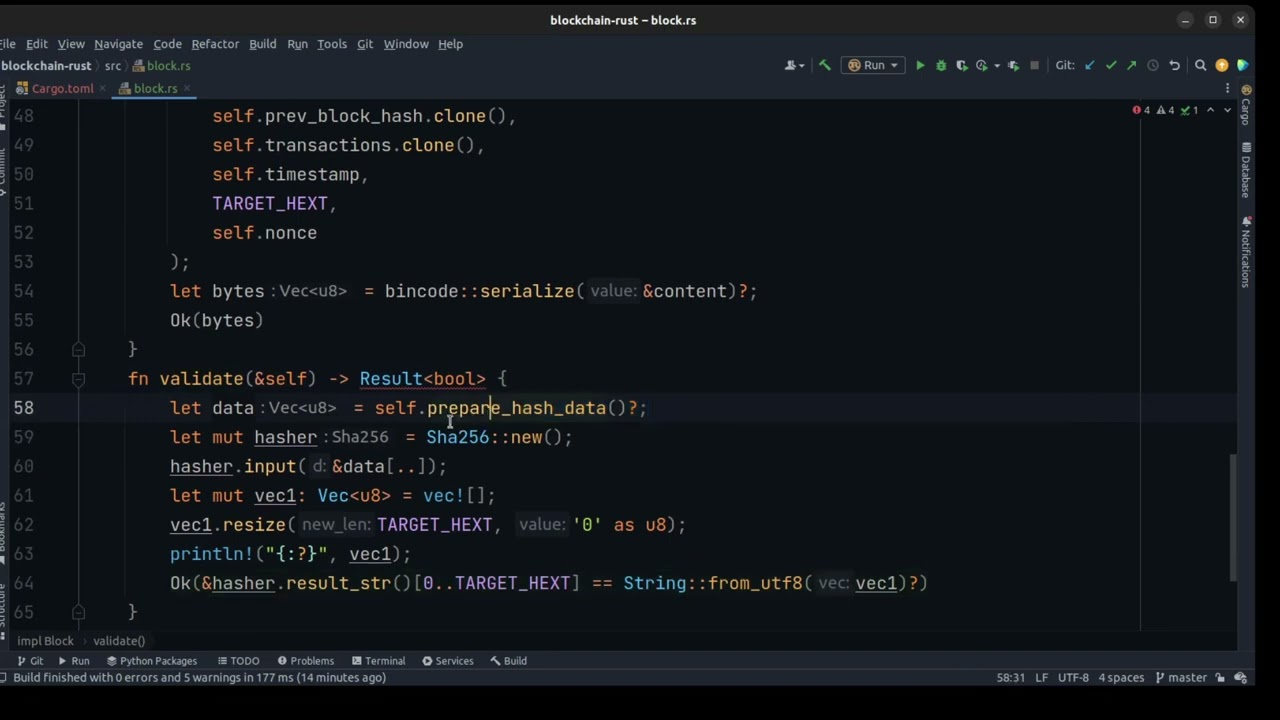
Rust is a game-changer for non-Ethereum blockchain platforms. Known for its safety and performance, Rust is carving its niche in the blockchain world, especially among platforms like Solana and Polkadot. It's a language that doesn't just meet the current needs of blockchain development but anticipates the future demands of high-performance, secure applications. For developers looking beyond the Ethereum ecosystem, Rust offers a robust and reliable pathway.
Frameworks: Structuring the Future of dApps
Hardhat: The Ultimate Ethereum Development Toolkit
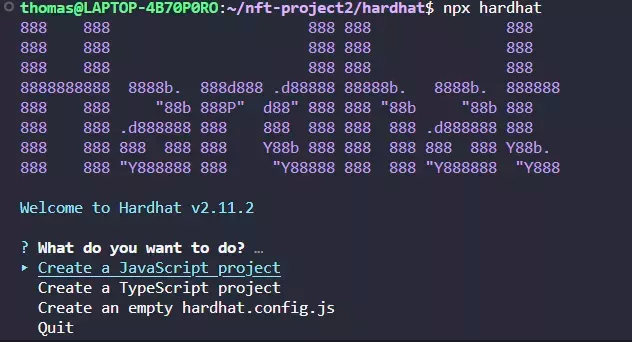
Hardhat is the Swiss Army knife for Ethereum developers. It's more than just a development environment; it's a comprehensive toolkit that facilitates everything from local Ethereum network setup to advanced debugging. Hardhat caters to the needs of sophisticated Ethereum applications, making it an indispensable asset for professional developers aiming to build complex, scalable dApps.
Foundry: Rust-Powered Ethereum Development
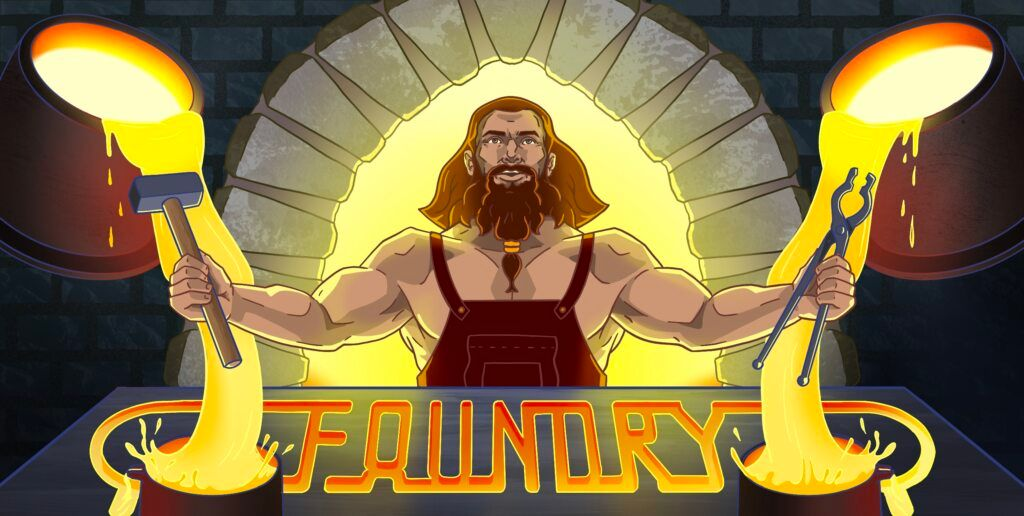
Foundry brings the efficiency and security of Rust to Ethereum development. It's especially beneficial for projects where performance and security are non-negotiable. Developers looking to build high-stake applications, such as large-scale DeFi platforms or secure voting systems, will find Foundry's capabilities invaluable. It offers a streamlined workflow, making developing intricate and secure dApps more manageable.
Brownie: Python-Powered Ethereum Development
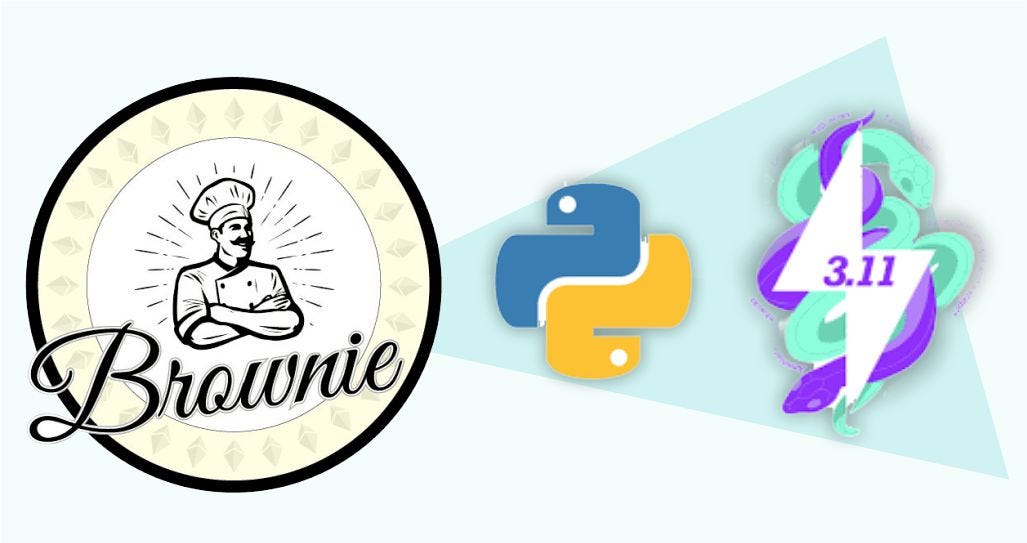
Brownie blends the familiarity of Python with the capabilities of Ethereum. Its framework champions simplicity without sacrificing power, making it an attractive choice for Python developers venturing into the blockchain. Brownie's integration with the Python ecosystem streamlines testing and deployment, making Ethereum development accessible and efficient.
IDEs: Command Centers for Blockchain Innovation
ETHCode: Integrating Ethereum with VS Code
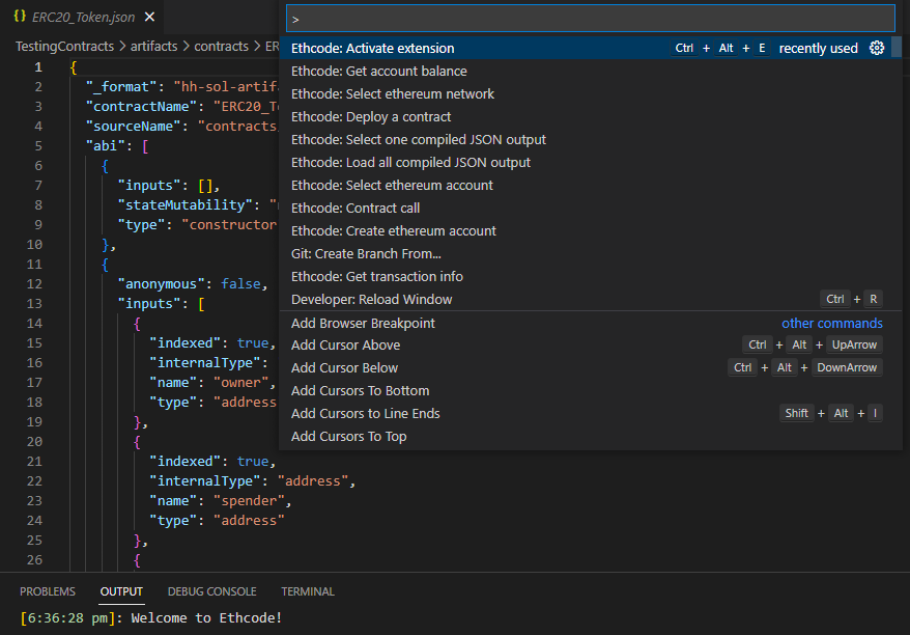
ETHCode is a revolution in Ethereum development, seamlessly integrating with the popular VS Code editor. It's a tool that brings smart contract development, testing, and debugging into a familiar environment, enhancing productivity and ease of use. ETHCode is for developers who want to stay in their comfort zone while exploring the vast landscape of Ethereum.
Remix: Web-Based Simplicity for Ethereum Development
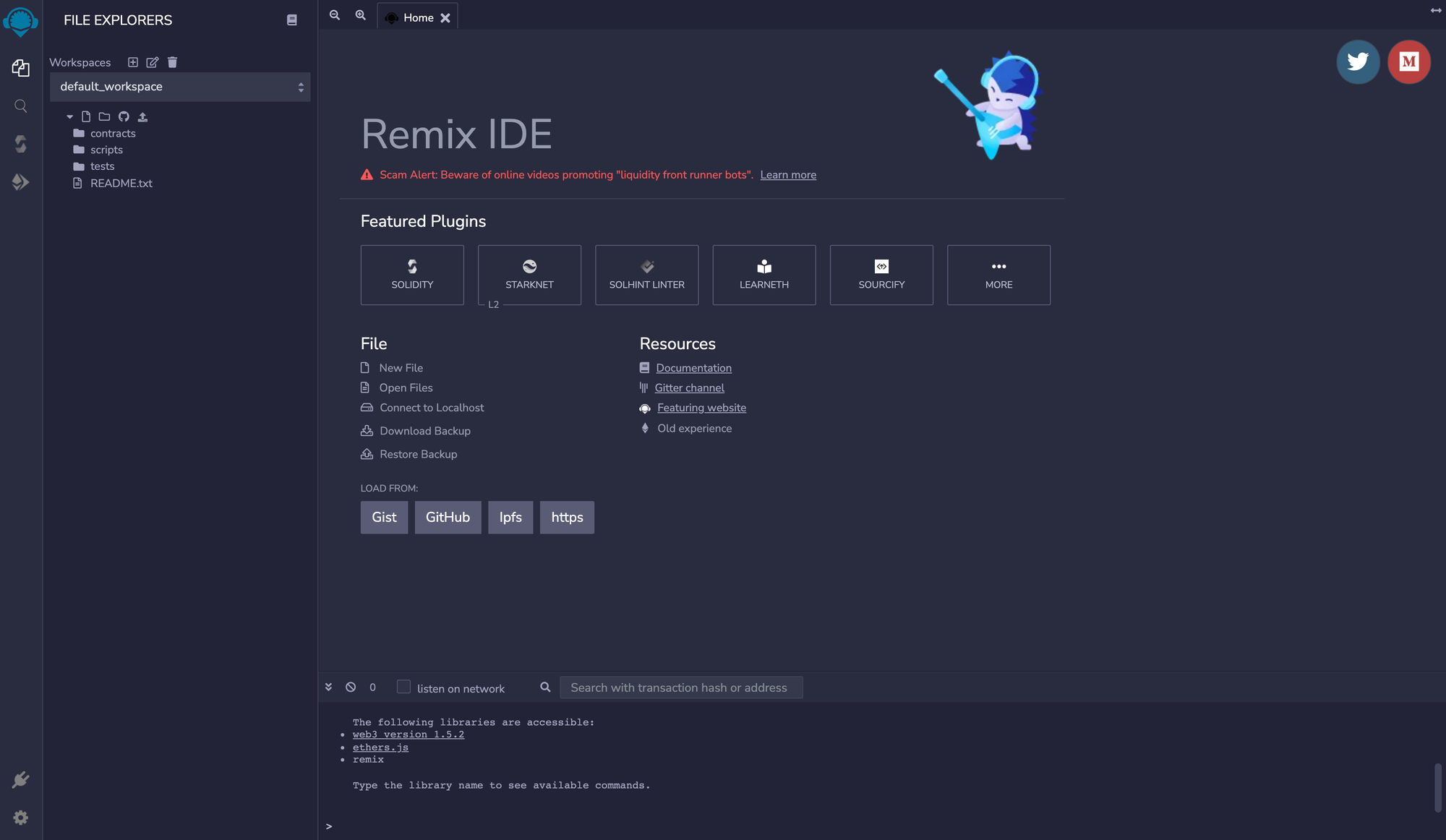
Remix is the epitome of accessibility in Ethereum development. This web-based IDE is a one-stop shop for writing, testing, and deploying smart contracts, all within a browser. Its platform balances simplicity with functionality, making it an ideal choice for beginners and seasoned developers.
APIs and SDKs: Connecting Your Code to the Blockchain
Web3.js and Ethers.js: The Backbone of Ethereum Integration
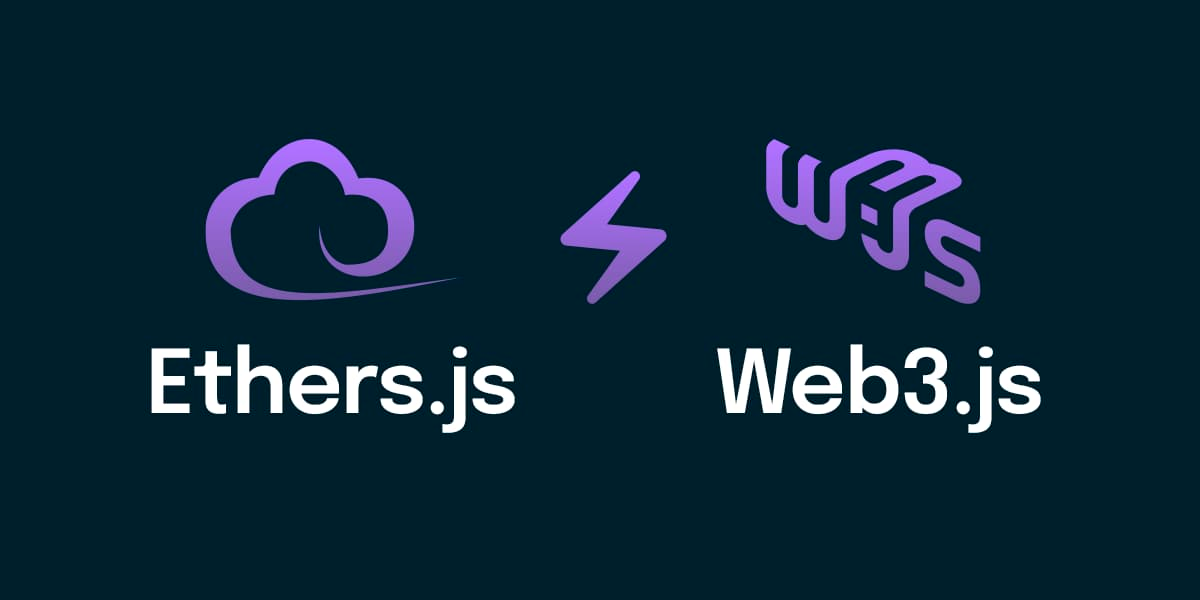
Web3.js and Ethers.js are the lifelines connecting web applications to the Ethereum blockchain. Web3.js has established itself as the standard, offering a comprehensive range of functionalities for interacting with smart contracts and managing wallets. Ethers.js, with its lightweight and modular approach, provides a streamlined alternative. Both are pivotal in bridging the gap between the blockchain and the web, each with its unique strengths.
Moralis: Streamlining dApp Backend Development

Moralis stands out by offering a comprehensive backend solution for dApps. It simplifies complex tasks like real-time data synchronization and user authentication, allowing developers to focus on creating immersive front-end experiences. Moralis is a boon for developers aiming to expedite the development process and bring their dApps to market swiftly.
Node Providers: Gateways to Blockchain Networks
Alchemy: More Than Just a Node Provider
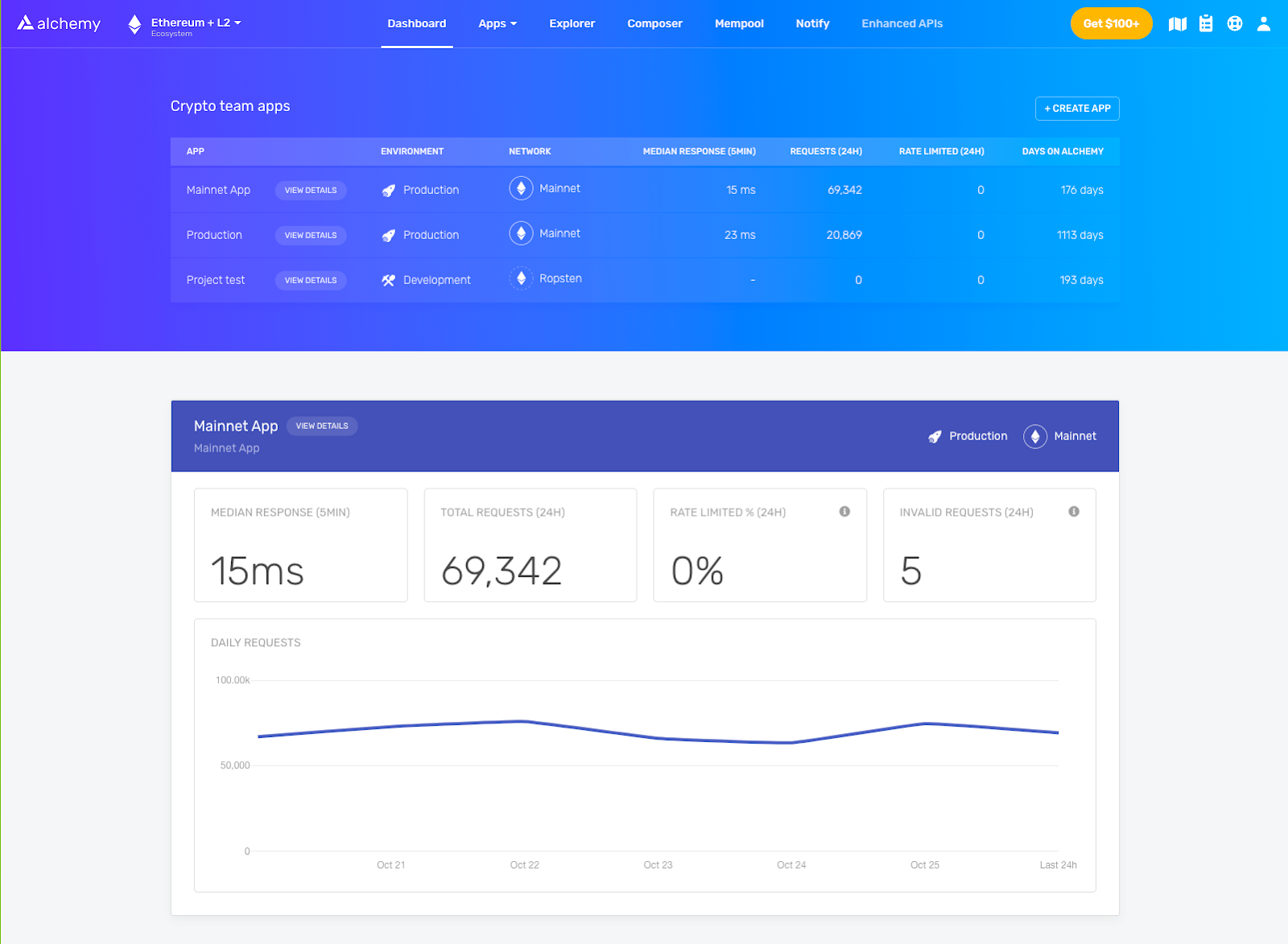
Alchemy transcends the traditional role of a node provider. It offers an impressive suite of tools that extend beyond basic node services, including enhanced APIs, real-time monitoring, and analytics. This infrastructure is a boon for developers seeking a reliable and scalable way to access various blockchain networks. Alchemy's tools are designed to support creating high-quality decentralized applications (dApps), making it a critical asset in any Web3 developer's toolkit.
Infura: Simplifying Node Management
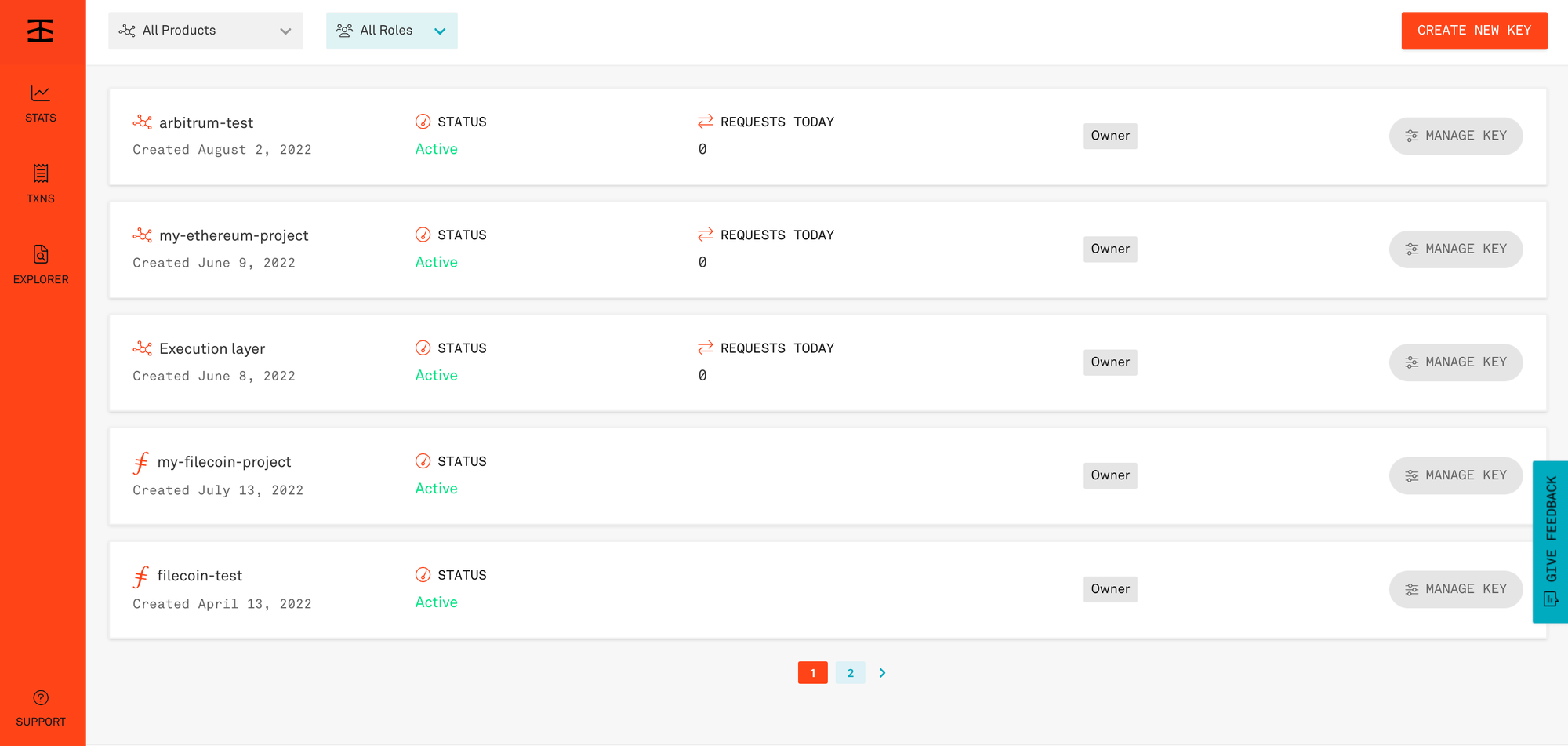
Infura provides straightforward solutions for hosting and managing blockchain nodes. It lets developers quickly set up dedicated nodes for Ethereum, IPFS, and other blockchain technologies. Infura's service includes providing dedicated IPFS keys facilitating efficient data storage on decentralized platforms. For developers who require reliable and hassle-free node hosting services, Infura stands out as a go-to option.
Onchain Data Providers: Unearthing the Riches of Blockchain Data
Powerloom: The Decentralized Data Maestro
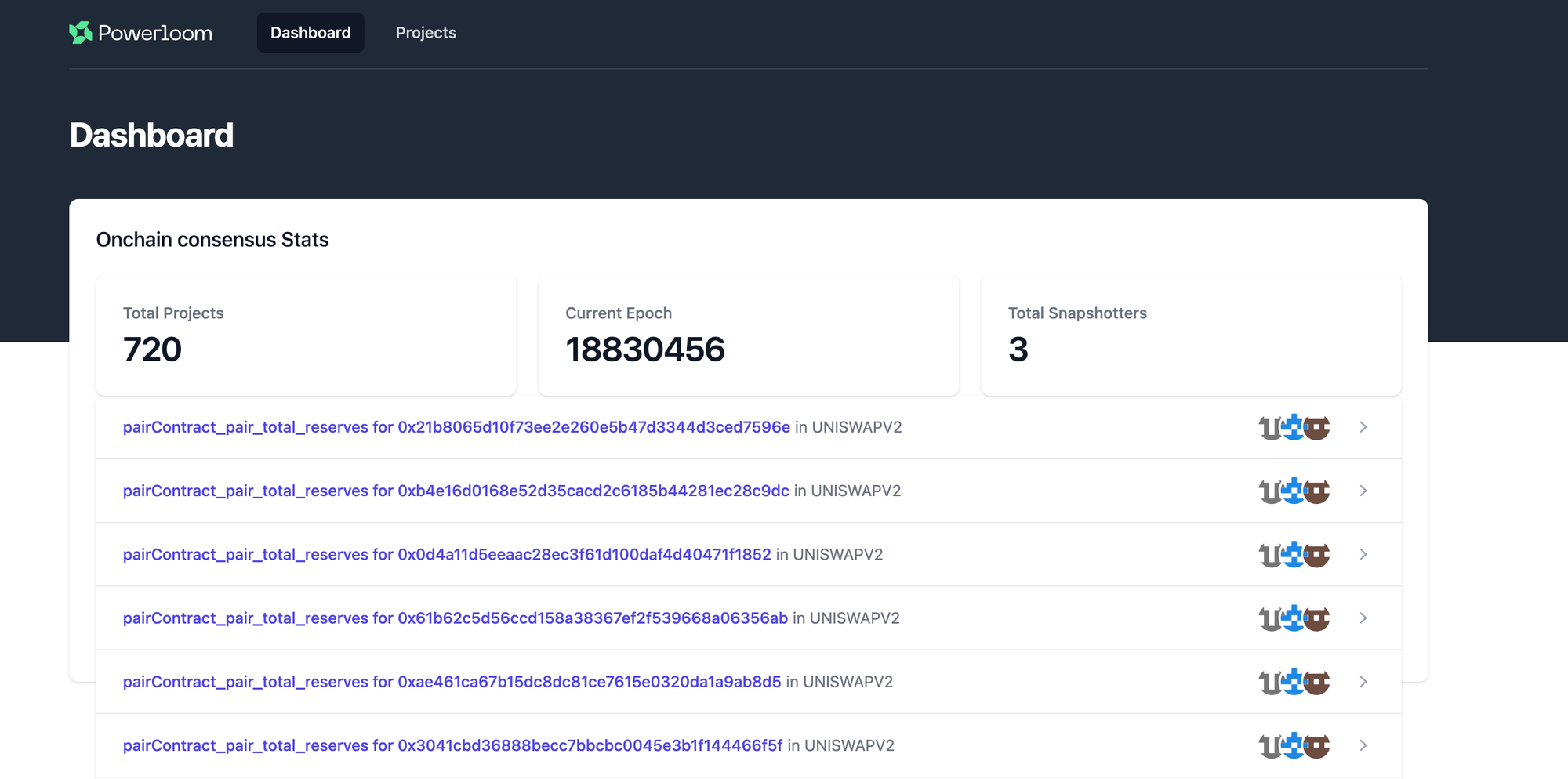
Powerloom is at the forefront of decentralized data protocols tailored to meet the data needs of smart contract-based applications. Whether it's DeFi, gaming, or user-centric platforms, Powerloom incentivizes consensus on data across various contracts. Its approach to data compositions offers a peer-validated and accurate source of information, crucial for applications that rely on real-time data, like dashboards and bots.
The Graph: Blockchain Data, Simplified

The Graph acts like a blockchain's search engine, allowing developers to build and publish open APIs, known as subgraphs. This innovative platform empowers developers to query and manipulate data across multiple blockchains using GraphQL efficiently. The Graph is indispensable for those needing to aggregate and handle blockchain data in a more user-friendly format.
Security: Safeguarding Your Blockchain Creations
MythX: The Sentinel of Ethereum Smart Contracts
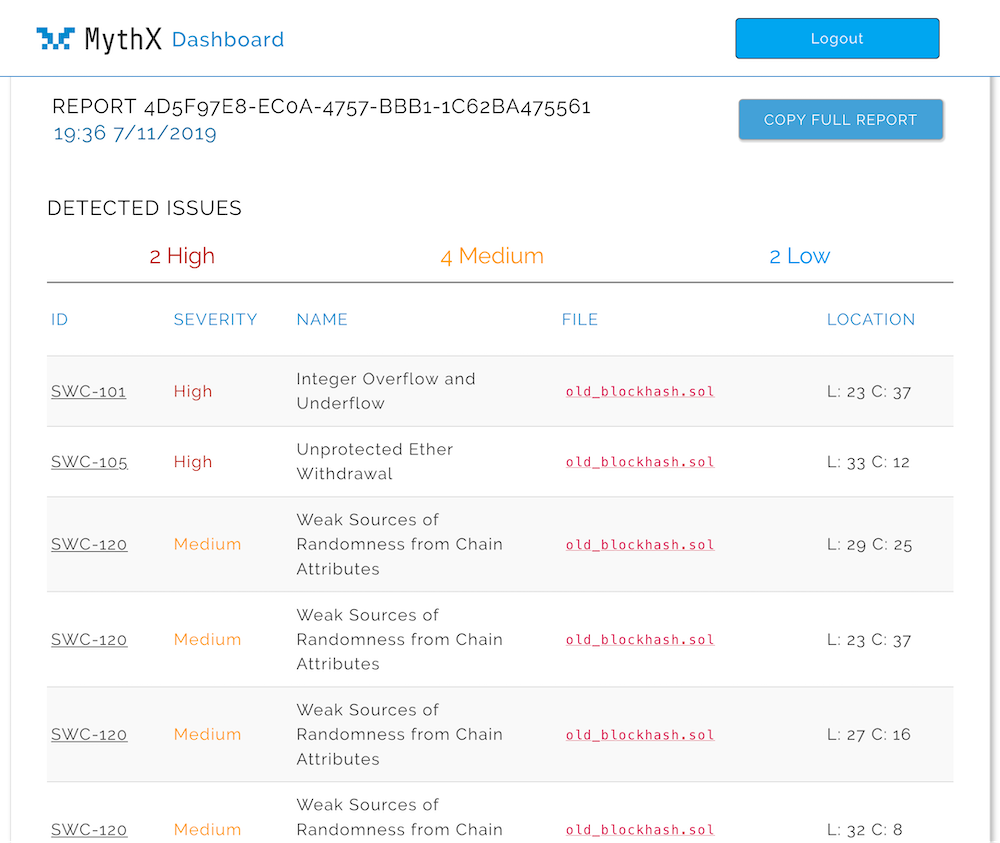
MythX is a comprehensive security analysis service tailored for Ethereum smart contracts. It meticulously scans contracts for vulnerabilities and security loopholes, providing detailed reports and actionable insights. For developers aiming to ensure the utmost security of their smart contracts, MythX is an essential tool, providing peace of mind through its thorough automated analysis.
Slither: The Guard Against Smart Contract Vulnerabilities
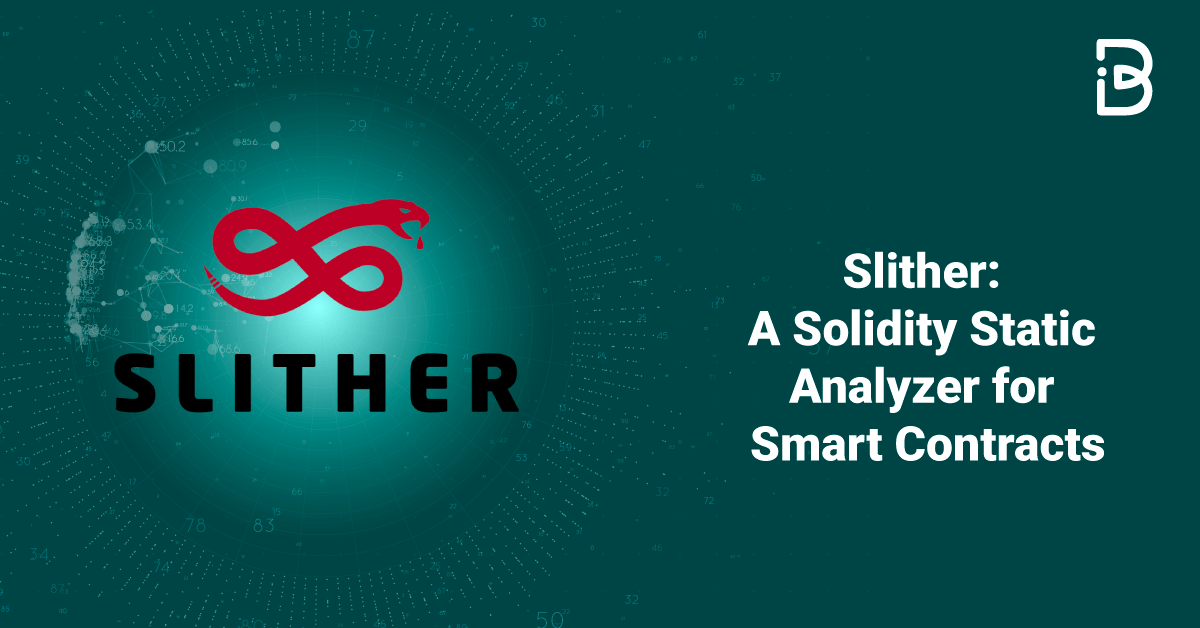
Slither specializes in Solidity, offering a robust static analysis tool that preemptively identifies potential vulnerabilities in smart contracts. Slither uncovers security and code optimization issues by analyzing the contract code before deployment. This tool is crucial for developers prioritizing maintaining high security and quality standards in their smart contract development.
Conclusion: Your Toolkit for the Web3 Odyssey
In the expansive universe of Web3, these developer tools are your compass and map, guiding you through the complex landscape of blockchain technology. These resources are invaluable, from node providers that connect you to the blockchain to on-chain data providers that offer a wealth of information and security tools that strengthen your applications against threats. They simplify your development journey and elevate the quality and impact of your creations.
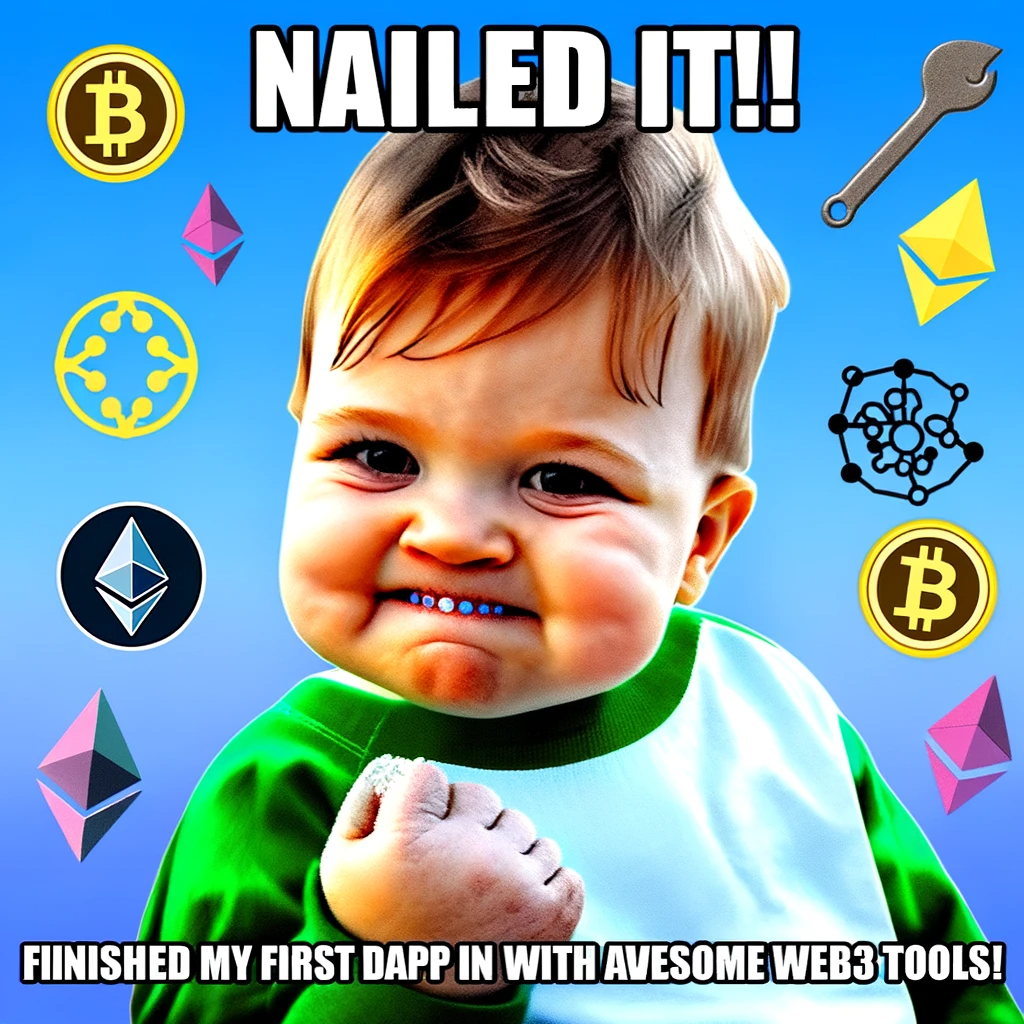
As you dive deeper into the world of Web3, remember that these tools are more than mere utilities; they are catalysts for innovation and change. Share this journey with your peers, discuss your experiences and insights in the comments, and let's collectively push the boundaries of what's possible in this thrilling new era of technology. Spread the word, and let's build a more decentralized, secure, and user-empowered internet together!
About Powerloom
Powerloom Protocol is a decentralized data protocol primarily aimed at serving the ever-growing data needs of users of smart contract-based applications like DeFi, games, and more. We incentivize participating peers to reach a consensus on observations of state transitions and event emissions across many smart contracts. By utilizing data compositions on smaller, consensus-reached data units, Powerloom stands as a peer-validated and accurate information source, empowering rich data applications like dashboards, bots, aggregators, and insights trackers.

